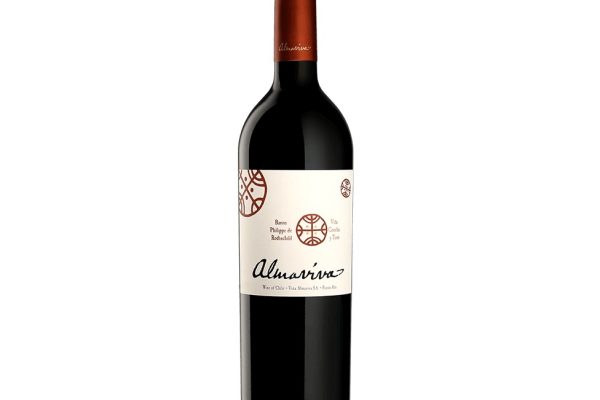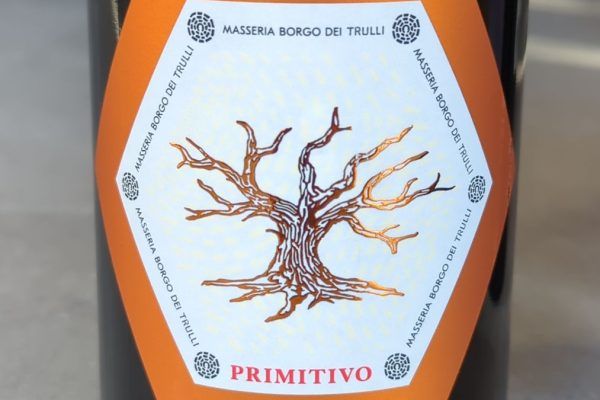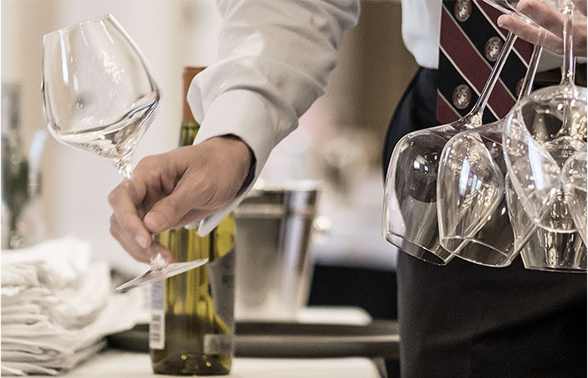
If you’ve ever looked closely at the label of a wine bottle, you might have noticed the words ‘contains sulphites.’ What does this mean and should it concern you?
Since 2005, it has been a requirement by law to declare sulphites if the present level is 10 mg/l or higher. This isn’t something new to the winemaking process as mostly wines will contain this small level as sulphur dioxide or its sulphite compounds. Almost all wines have some sulphites added during winemaking or before bottling to protect the wine from oxidation and microbial instability, ensuring that the wine reaches your glass in perfect condition.
For the vast majority of people, sulphites are entirely harmless. They are natural, organic, and non-toxic compounds. Their primary function is to act as a preservative in various products, including food, wine, and medications. However, it’s possible, though unlikely, to have a sulphite sensitivity. This is something that typically affects severe asthmatics, around 1% of people.
In wine, sulphites play several essential roles. They maintain consistency from bottle to bottle, prevent negative flavours from bacteria, and kill off any remaining yeast cells. This prevents a second fermentation in the bottle, which could cause the wine to become fizzy. Interestingly, it’s more common for white wine to have a higher level of added sulphites. Red wines usually receive a boost of natural preservative compounds from their skin contact phase of the winemaking process. If red wine doesn’t leave you feeling fresh the following morning, it’s more likely due to the higher alcohol content or natural compounds known as biogenic amines, rather than sulphites.
The legally permitted limits of sulphites are strictly controlled to 150mg/l for dry red wines, 200mg/l in dry whites and rosés, with higher levels allowed for sweeter wines. Generally, well-crafted wines will sit between 50-100mg/l. For wines that are certified organic, the limit is 50mg/l less than the legally permitted amount.
The presence of sulphites in wine is a very small addition to the product and shouldn’t be a cause for concern. It doesn’t cause headaches. Commonly consumed food items such as processed meats, dried fruits, fruit jams and salad dressings are more or similarly sulfidic as wine. The legal requirement to declare their presence is merely an assurance of transparency and for most of us there’s no need to be concerned about their inclusion in our wines.














